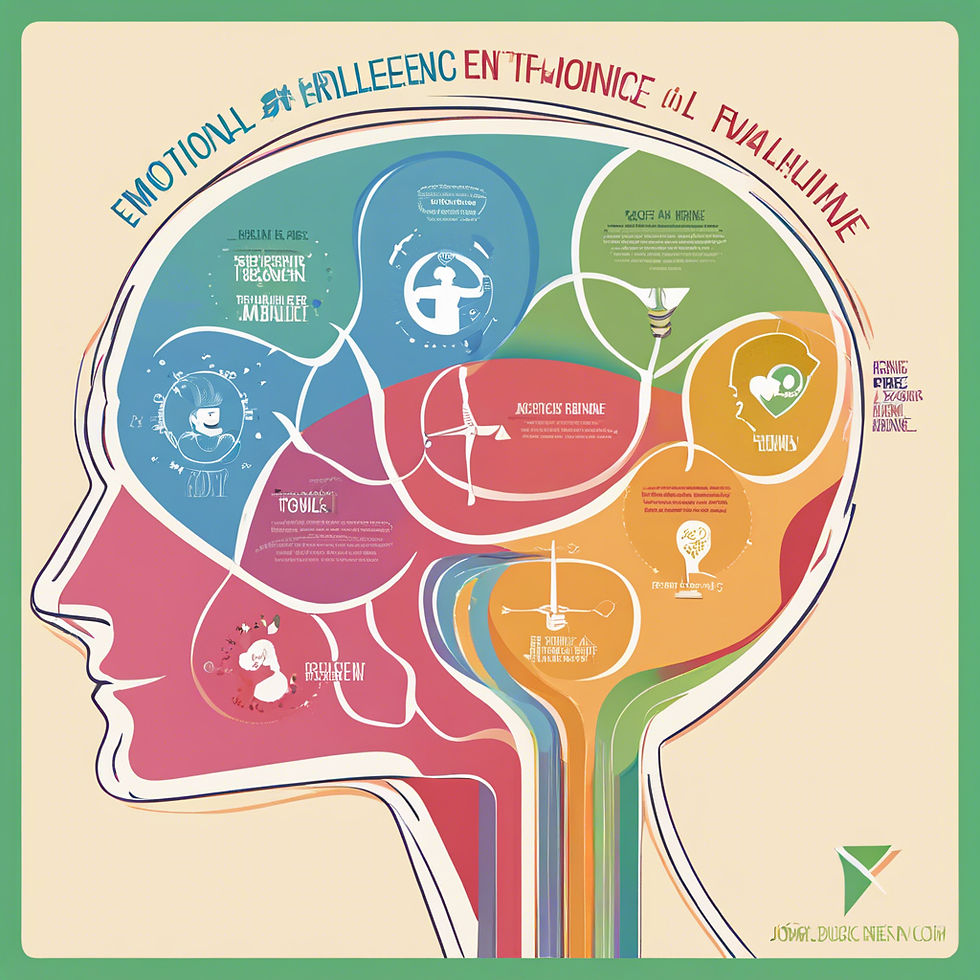The Blame Game: When Policy Violations Shift Responsibility to the Implementor
- coppaster
- Oct 22, 2024
- 2 min read
In any organization, whether it’s a workplace, school, or community, policies exist to create a fair and structured environment. However, when someone violates a policy, it’s not uncommon to see a shift in responsibility. Instead of owning up to their actions, individuals may deflect blame onto the implementor, framing themselves as victims of misunderstanding or harshness. This behavior not only undermines accountability but can also create a toxic atmosphere.
The Dynamics of Policy Violations
Policies are established for a reason— to maintain order, ensure fairness, and protect everyone involved. However, when someone chooses to disregard these policies, it can lead to serious consequences. Rather than accepting responsibility for their actions, some individuals may resort to blaming the person enforcing the rules.

The Victim Mentality
When someone violates a policy, the immediate reaction may be defensive. Instead of reflecting on their behavior, they may feel wronged by the implementor, claiming that the enforcement of the policy is too rigid or lacking in compassion. This mindset can manifest in several ways:
Shifting Responsibility: By blaming the implementor, the violator avoids accountability. They may argue that if the rules were more lenient or if the implementor were more understanding, they wouldn’t have felt compelled to break the rules.
Creating Guilt: The violator may employ guilt tactics, suggesting that the implementor’s strictness is the real issue. This can put unnecessary pressure on the implementor, who may start to second-guess their decisions.
Framing as a Victim: By portraying themselves as victims, violators can elicit sympathy from others. This creates a narrative where the person enforcing the policy is the antagonist, diverting attention from the original violation.
The Consequences of This Behavior
This blame-shifting mentality has several negative effects:
Erosion of Accountability: When individuals do not take responsibility for their actions, it undermines the purpose of policies. It can lead to a culture where violations are normalized and unaddressed.
Impact on Implementors: Those tasked with enforcing policies may feel demoralized or discouraged when they are blamed for doing their job. This can lead to burnout and reluctance to enforce rules in the future.
Toxic Environment: A blame culture fosters resentment and conflict. When people feel that they can escape accountability by shifting blame, it creates a divisive atmosphere that undermines teamwork and trust.
Violating a policy and then blaming the implementor is a counterproductive cycle that damages both individuals and the organization as a whole. Recognizing and taking responsibility for one’s actions is essential for personal growth and maintaining a healthy, respectful environment.
By fostering accountability and open communication, organizations can break the cycle of blame, ensuring that policies serve their intended purpose and creating a more supportive culture for everyone involved.
In the end, it’s about working together to uphold standards while navigating the complexities of human behavior.







Comments